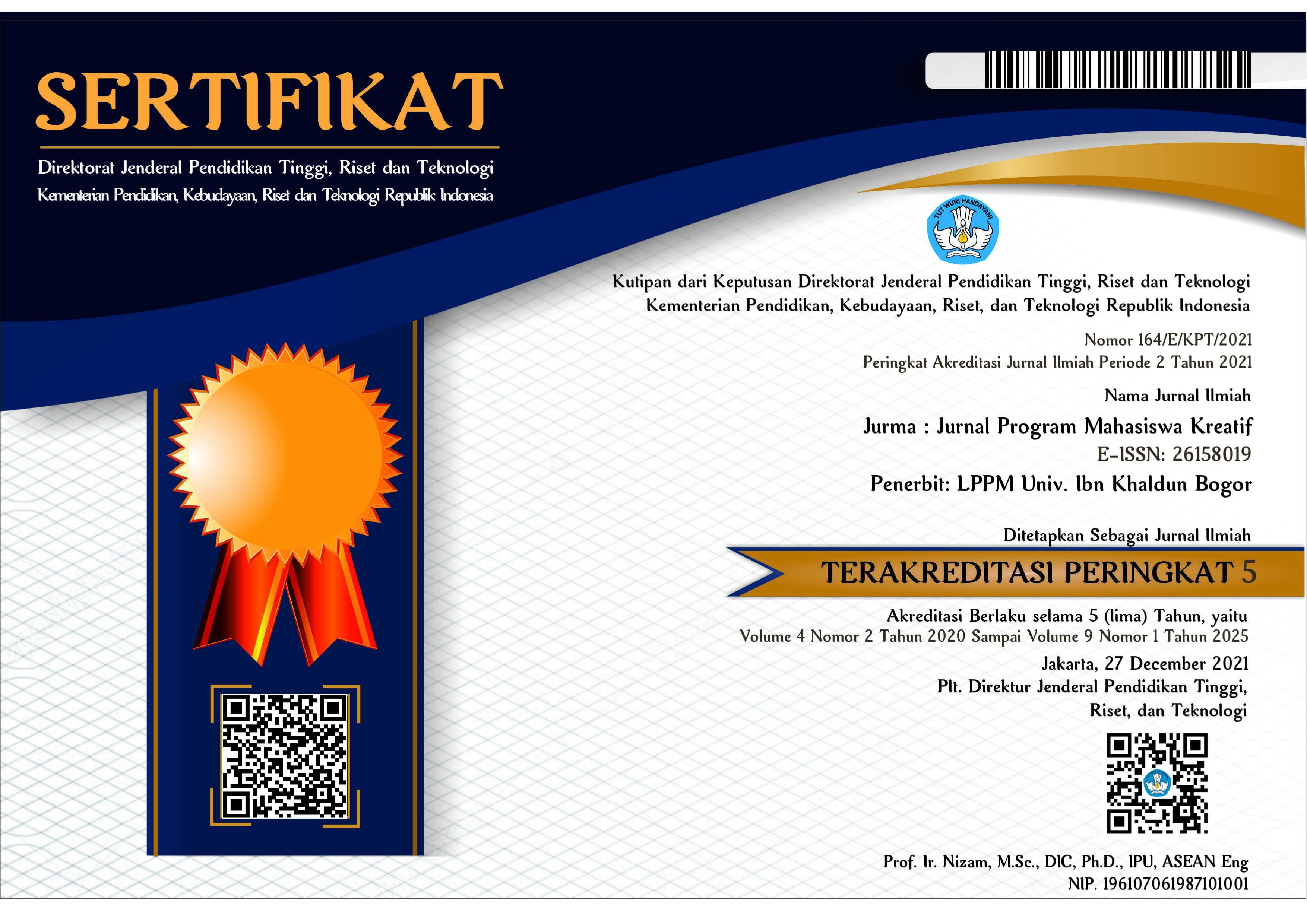Analysis of the Effectiveness of Performance Audits in Enhancing Public Sector Accountability
Abstrak
This study intends to determine the variables that hinder the implementation of audit recommendations and how well performance audits work in Indonesia to increase public sector accountability. The study uses a multi-site case study method on three government organizations and takes a descriptive qualitative approach. Document analysis (BPK Audit Reports 2020–2023) and focus group discussions (FGDs) were used to gather data. Source triangulation and the CIPP model (Context, Input, Process, Product) were used in the data analysis. According to the study's findings, performance audits help reduce state losses (e.g., IDR 8.2 trillion saved in infrastructure projects) and boost openness (72% of institutions improved their financial reporting). The primary barrier is related to regulations, specifically the lax application of fines (only 5% of institutions were penalized). Regarding human resources, just 40% of BPK auditors hold a performance auditing certification. Political involvement is another major obstacle; according to KPK data from 2023, elite intervention causes 30% of audit recommendations to be disregarded. Thus, digitizing the monitoring system for suggestions and fortifying the BPK Law with harsher penalties are essential solutions (SIMRAL). It is determined that while performance auditing is a useful supervisory tool, systemic changes are needed to overcome technical, human resource, and political obstacles. Implementing technology- and regulation-based solutions can improve public sector accountability.
##submission.copyrightStatement##
##submission.license.cc.by-sa4.footer##





















